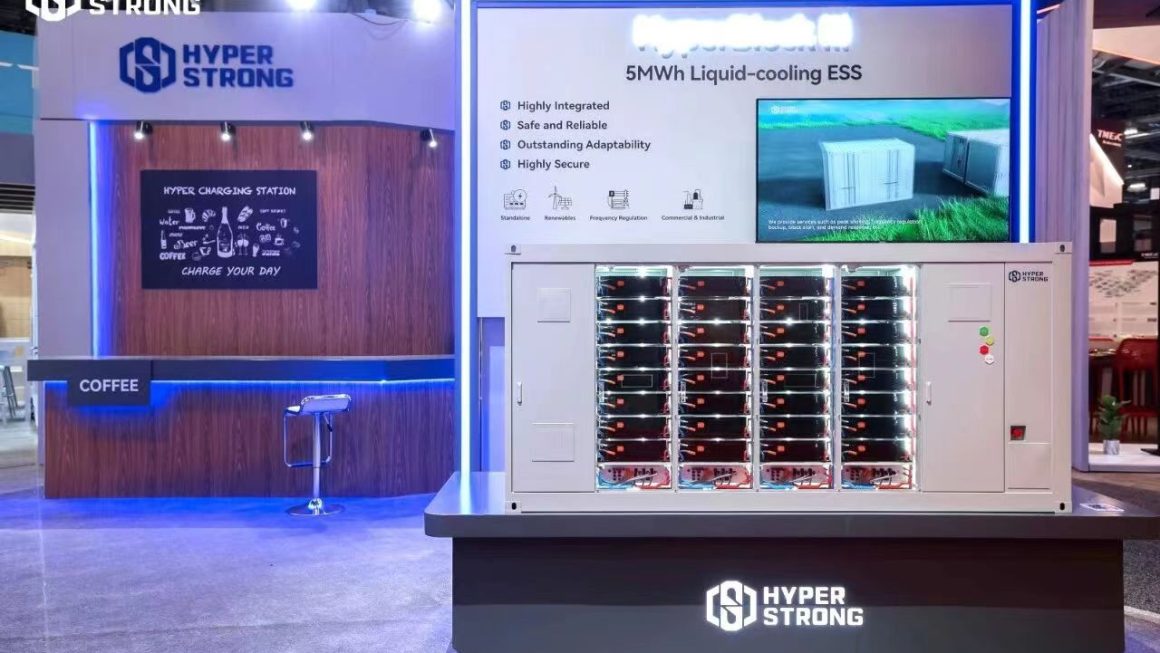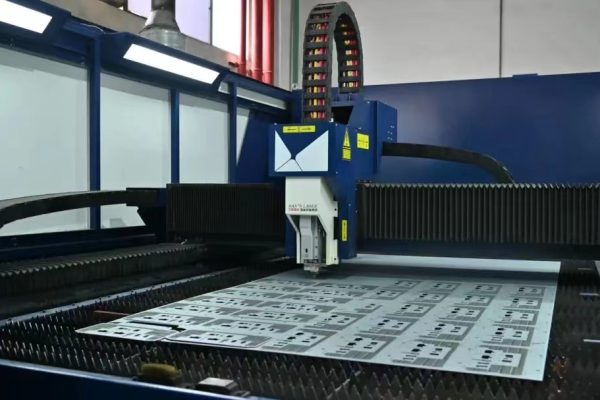The Gatekeeper Certification for Global Trade
For exporters of energy storage systems (ESS) and lithium batteries, UN38.3 certification is not optional—it is the gateway to international markets. Airlines, shipping companies, and customs authorities all require proof that lithium batteries meet the UN Manual of Tests and Criteria Section 38.3, which verifies their safety under extreme transport conditions. Without it, shipments risk being rejected, delayed, or confiscated.
1. What Is UN38.3?
- UN38.3 Definition: A series of safety tests required by the United Nations to ensure lithium batteries can withstand transport stresses.
- Scope: Applies to all lithium-ion and lithium-metal batteries, whether standalone, packed with equipment, or contained in equipment.
- Mandatory Nature: Airlines and sea freight carriers will not accept non-certified batteries.
2. The Eight UN38.3 Tests
Batteries must pass eight rigorous tests simulating real-world transport conditions:
- Altitude Simulation – Tests performance at high altitudes (low pressure).
- Thermal Test – Exposes batteries to extreme temperature cycling.
- Vibration – Simulates rough handling and sea/air transport vibrations.
- Shock – Ensures resilience against mechanical shocks during loading/unloading.
- External Short Circuit – Verifies protection against short-circuit hazards.
- Impact/Crush – Simulates accidental compression or impact.
- Overcharge – Checks how batteries respond to charging errors.
- Forced Discharge – Ensures stability if cells are discharged improperly.
Exporter Tip: Each test must be passed before batteries are cleared for international shipping.
3. Why Buyers Care About UN38.3
- Compliance Assurance: Buyers avoid delays at customs or airline rejection.
- Risk Reduction: Minimizes liability for fires, accidents, or product failures.
- Market Access: Enables export to all major global markets.
- Professionalism: Certification signals supplier reliability and technical competence.
4. Exporter Benefits of UN38.3
- Smooth Logistics: Faster customs clearance and fewer shipping disputes.
- Broader Market Reach: Many tenders and procurement contracts require UN38.3.
- Competitive Edge: Certified suppliers stand out against uncertified competitors.
- Trust Building: Enhances buyer confidence in safety and quality.
5. Common Challenges and Solutions
- Cost of Testing: Certification requires investment; however, it pays off in global market access.
- Time to Certify: Testing may take weeks; plan ahead before new product launches.
- Documentation Errors: Ensure correct and complete UN38.3 test reports are included with shipments.
- Buyer Requests: Some clients may ask for full test reports, not just certificates.
Exporter Tip: Work with accredited testing labs to ensure results are accepted worldwide.
6. Practical Tips for Exporters
- Always include UN38.3 certificates in quotation and shipping documents.
- Educate buyers about its importance to reduce negotiation friction.
- Integrate certification into marketing materials as a proof of compliance.
- Renew certification when modifying battery design or specifications.
UN38.3 as the Passport for Battery Exports
For ESS exporters, UN38.3 is not just a regulatory hurdle but a strategic advantage. It ensures safe transport, reduces risks, and strengthens buyer trust. By treating certification as part of your value proposition, exporters can simplify logistics, open doors to new markets, and position themselves as professional and reliable global suppliers.








